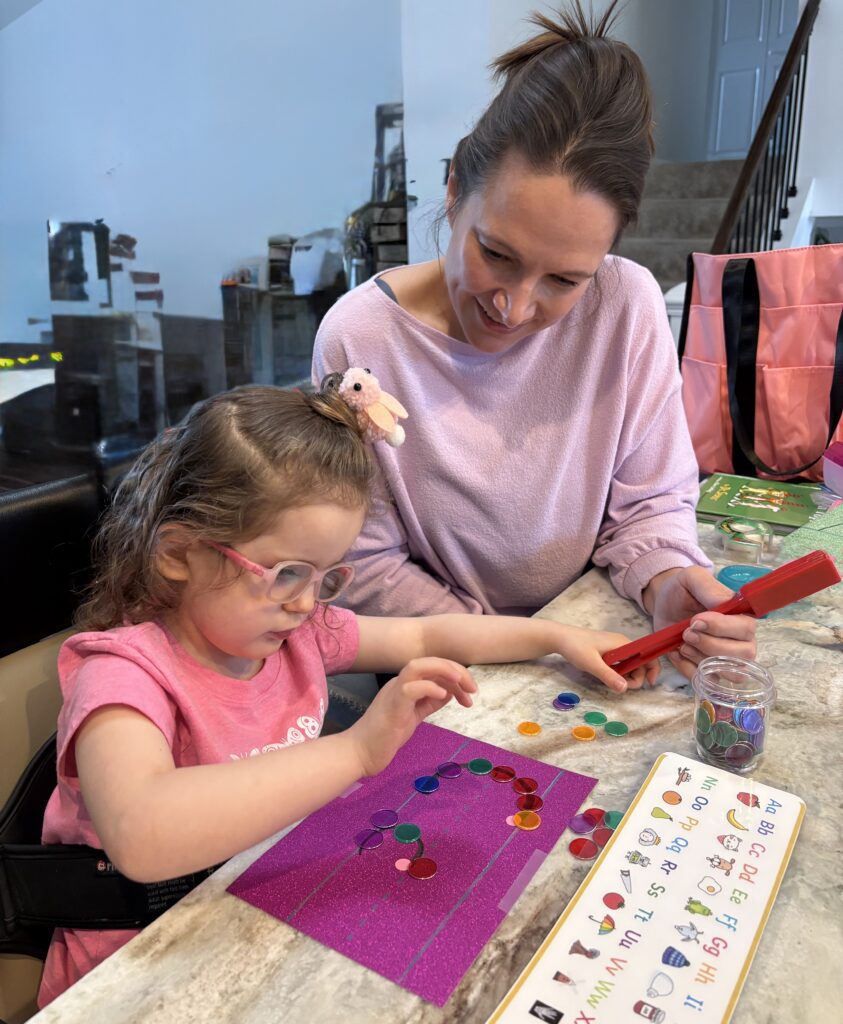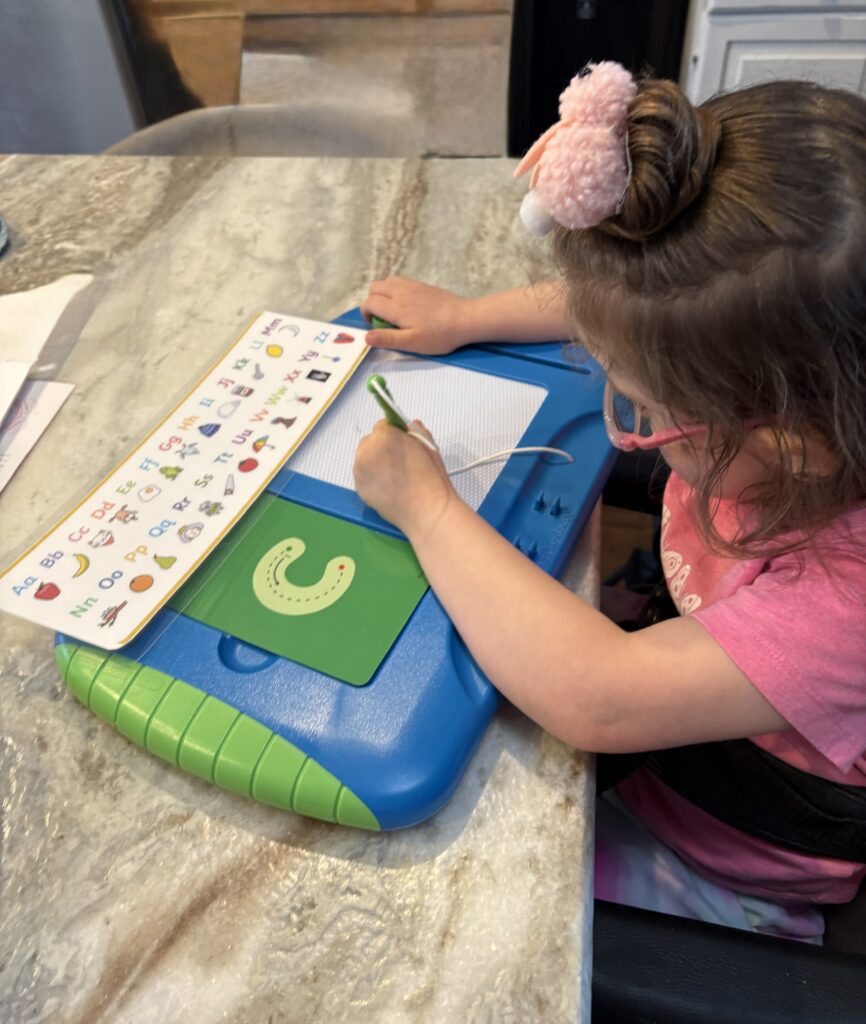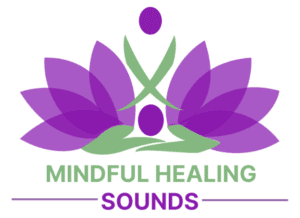LITERACY TUTORING
The Essential Foundations of Reading and Writing For Neurodivergent Learners Ages 4-7 Years
Tutoring
Approaches, Lessons, Assessments & Care

Meeting Your Child Where They are NOW:
Meeting your child right where they are means understanding their unique abilities, interests, and current developmental stage. My lessons are designed to embrace each child’s individuality, tailoring activities that align with their current skills to build a solid foundation for growth. I take the time to observe and interact with each child, getting to know their strengths and areas for improvement. I tailor activities to combine the right balance of challenge and support, creating a nurturing environment that respects your child’s abilities. This approach fosters confidence and joy in their learning journey.

A Multisensory Approach:
In MSL instruction, consistent reinforcement means actively helping students make connections between what they see, hear, and do. For example, as they learn to read and write, students are taught to associate the letters they see (Visual) on a page with the sounds those letters make (Auditory-what they hear). At the same time, they may engage in activities that involve physically forming the letters or using their hands to trace them (Tactile-what they feel). This coordinated use of sight, sound, and touch helps strengthen their understanding and mastery of language. http://www.learningaly.org

A Structured Approach:
“Structured Literacy instruction is systematic and cumulative. Systematic means that the organization of material follows the logical order of the language. The sequence must begin with the easiest and most basic concepts and elements and progress methodically to more difficult concepts and elements. Cumulative means each step must be based on concepts previously learned. International Dyslexia Association. (n.d.). Effective reading instruction for students with dyslexia. DyslexiaIDA. Retrieved April 21,2025, from https://dyslexiaida.org/effective-reading-instruction-for-students-with-dyslexia/

Orton Gillingham Lessons:
- Teaching phonological and phonemic awareness and language/vocabulary for those who struggle with reading, writing and spelling.
- Using systematic and predictable methods of learning through the senses, including seeing, hearing, speaking, and writing.
- Using a variety of teaching tools to engage the senses; trays filled with sand, rice or other materials, tracing tactile cards or other surfaces. Underlining words and sentences, and fingerspelling, skywriting and arm spelling. Orton- Gillingham Approach Information

Getting Back to the Basics It’s Essential…
- Phonological and Phonemic Awareness: Letters, words, parts of words, syllables, rhyming, and sounds of language. Identify, blend, isolate and manipulate sounds.
- Language Development (oral language) Letter sounds, rhythms and patterns through children’s songs/music and rhyming books. Alphabet awareness and language comprehension; following directions, answering questions about a story, identifying the main idea, understanding the meaning of new words and retelling a story.
- Social/Emotional Development; Helping children understand who they are, what they are feeling and what to expect when interacting with others. Developing positive relationships while managing and expressing emotions.
- Recognizing and labeling emotions
- Learning empathy and compassion
- Develop social skills like sharing/interacting
- Managing emotions in appropriate ways
- Gain confidence in their own abilities
- Pre-Reading/Reading Readiness; Experiencing and understanding books and texts, i.e. parts of a book, which way we read, what’s happening in the story, which part or word comes next, identifying rhymes, and familiar words in their environment.
- Writing Readiness: Visual Discrimination and motor skills: Drawing lines, shapes, and letter formations.
- Early Mathematic Skills: Recognizing, sorting, and writing/drawing shapes, colors, quantities, and numbers. Identifying more, less, same and different, patterns and counting by 5’s and 10’s.

Assessments, Observations and Personalized Care
Personalized care is at the heart of my approach, and assessments play an important role in helping me tailor the learning experience to fit your child’s unique needs. My primary goal is to support your child at their own pace, considering their academic, social, emotional, physical, and cognitive development. I wi l foster an environment that is engaging, enjoyable, and inspiring, ensuring that our time together feels inviting and safe. This alows us to connect meaningfuly and create a sense of familiarity and comfort in a nurturing atmosphere. I wi l utilize a diverse range of comprehensive formal and informal assessment tools from Pre-K to Kindergarten to evaluate and holisticaly support your child’s development. This approach ensures a thorough understanding of their progress and needs, including;
- PAST – Phonological Awareness Screening Assessment
- Observational Notes/Ongoing Records from 25 years classroom experience.
- Brigance Developmental Screening Tools
ADDITIONAL DATA GATHERING TOOLS:
To support a more complete understanding of your child’s overal Development: *Note: Kristen offers her dedicated support for any form-related assistance you may need.
- Teacher Feedback Form (If applicable)
- Parent Feedback & Background Form





